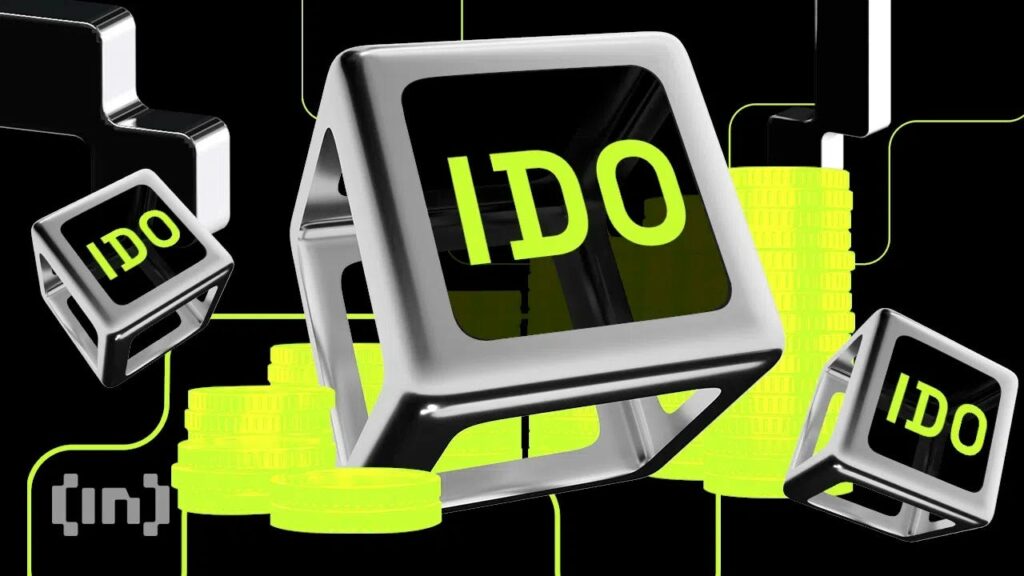Introduction
With the rapid growth of decentralized finance (DeFi) and the increasing popularity of Initial DEX Offerings (IDOs), the Canada Revenue Agency (CRA) has intensified its scrutiny of cryptocurrency transactions. IDO participants, particularly those involved in frequent trading or large-scale investments, are at a heightened risk of audits due to the complexity and volume of transactions.
Understanding the audit risks associated with IDO participation is crucial for ensuring compliance with Canadian tax laws.
Why IDO Participants Are Subject to CRA Audits
The decentralized nature of IDOs makes them attractive to both investors and tax authorities. The CRA views IDO participation as a high-risk activity for several reasons:
- Frequent Transactions: IDO participants often engage in multiple transactions within a short time frame, making it challenging to track taxable events accurately.
- Cross-Border Transactions: Many IDOs involve international platforms, raising concerns about cross-border compliance, foreign asset reporting, and anti-money laundering (AML) requirements.
- Anonymous and Pseudonymous Transactions: The lack of traditional intermediaries in IDOs means that transactions can be difficult for the CRA to trace, making it more likely that participants will underreport or misreport their activities.
Key Audit Triggers for IDO Participants
Several factors increase the likelihood of a CRA audit for IDO participants:
- Large-Scale Transactions: High-volume trades or significant gains from IDO participation can attract CRA attention, especially if the transactions are not reported accurately.
- Frequent Trading Activity: Individuals engaged in regular trading of tokens may be classified as running a business by the CRA, triggering audits to verify whether the income is reported as business income rather than capital gains.
- Undeclared Foreign Assets: If an IDO participant holds tokens on foreign exchanges or in foreign wallets, they may be subject to additional reporting requirements under Canada’s Foreign Asset Reporting laws. Failing to report these assets can increase audit risks.
How to Mitigate Audit Risks
IDO participants can take several steps to minimize their audit risks:
- Accurate Record-Keeping: Participants should maintain detailed records of all IDO transactions, including dates, amounts, and the value of the cryptocurrency in CAD at the time of the transaction.
- Timely Reporting: Filing accurate and timely tax returns, including all IDO-related income, capital gains, and losses, is essential for avoiding penalties.
- Seek Professional Advice: Given the complexity of IDO transactions, consulting a tax professional or accountant with experience in cryptocurrency can help ensure that all taxable events are reported correctly and in compliance with CRA guidelines.
Consequences of Non-Compliance
Failing to report IDO participation or underreporting income can result in severe penalties from the CRA. These penalties can include interest on unpaid taxes, fines for failure to report foreign assets, and in some cases, criminal prosecution for tax evasion. As the CRA increases its focus on cryptocurrency, the likelihood of audits and penalties for non-compliance is expected to rise.
Conclusion
The growing popularity of IDOs in Canada has placed participants under increased scrutiny by the CRA. Understanding the audit risks and taking proactive steps to ensure compliance with tax regulations can help IDO participants avoid penalties and ensure they meet their tax obligations.
As the regulatory landscape evolves, Canadian taxpayers involved in cryptocurrency must remain vigilant in their reporting and record-keeping practices.
If you have any questions or require further assistance, our team of accountants at Tax Partners can help you.
Please contact us by email at [email protected] or by phone at (905) 836-8755 for a FREE initial consultation appointment.
You may also visit our website (www.taxpartners.ca) to learn more about other services we offer in Canada, US and abroad.


